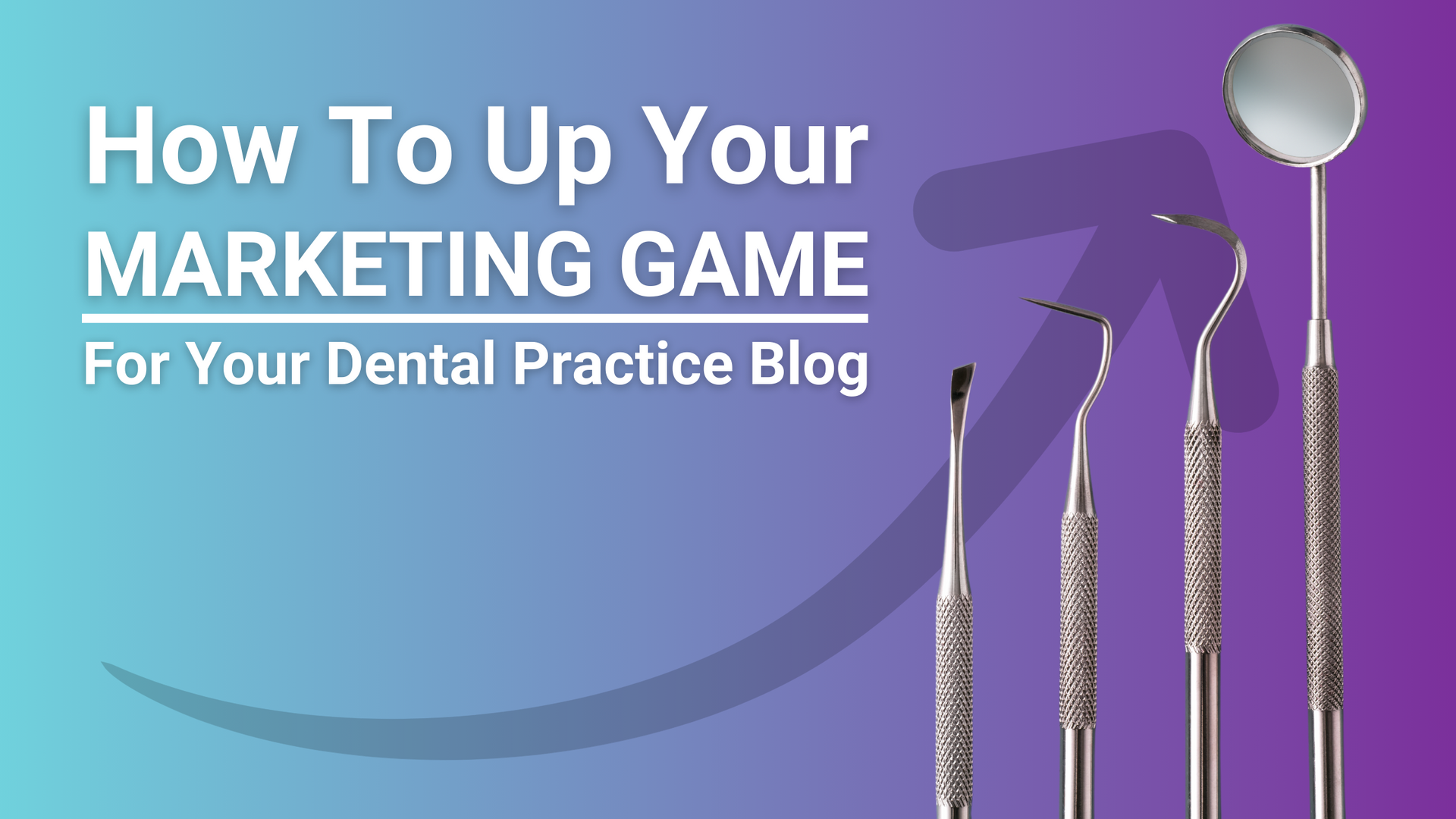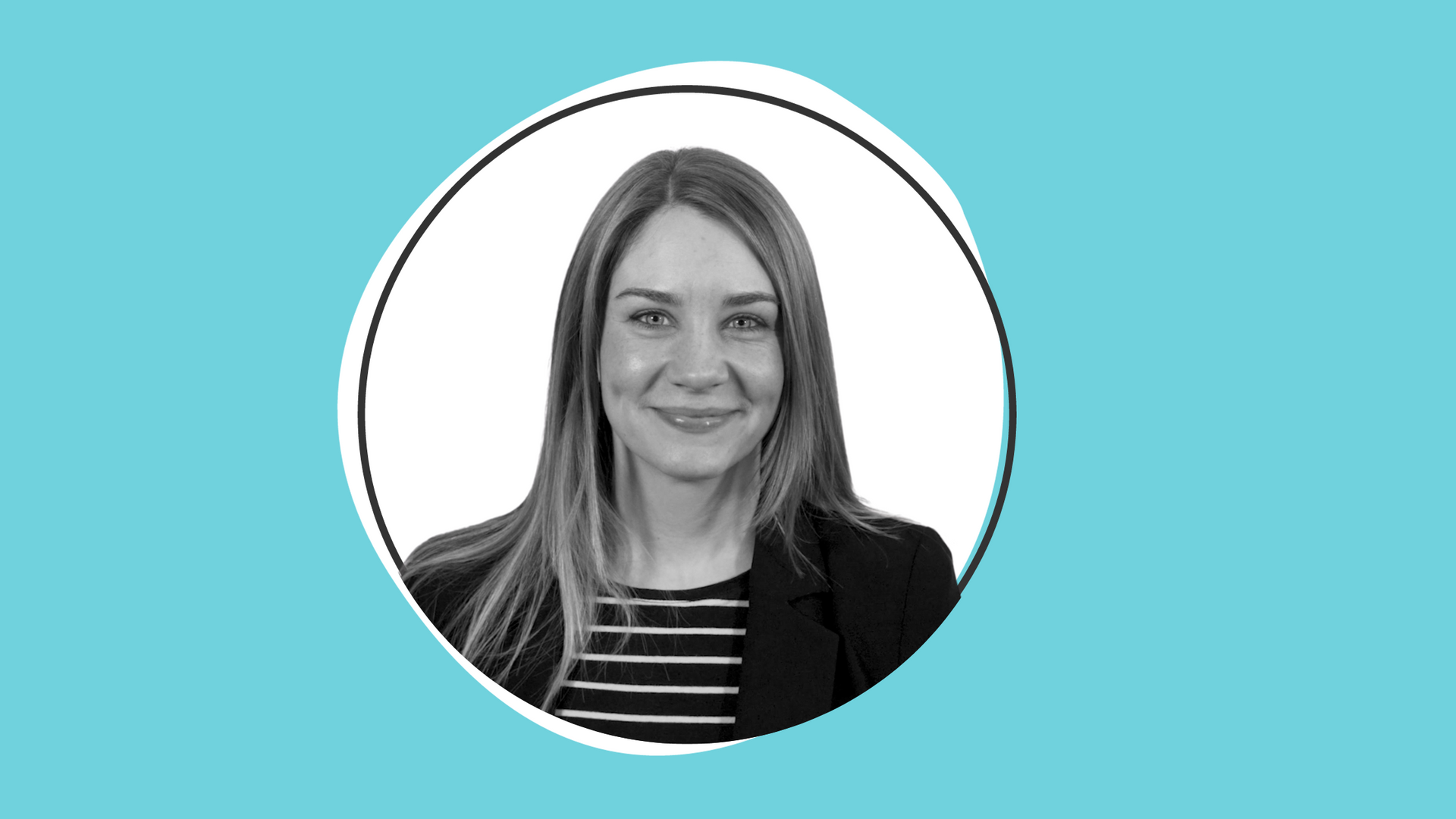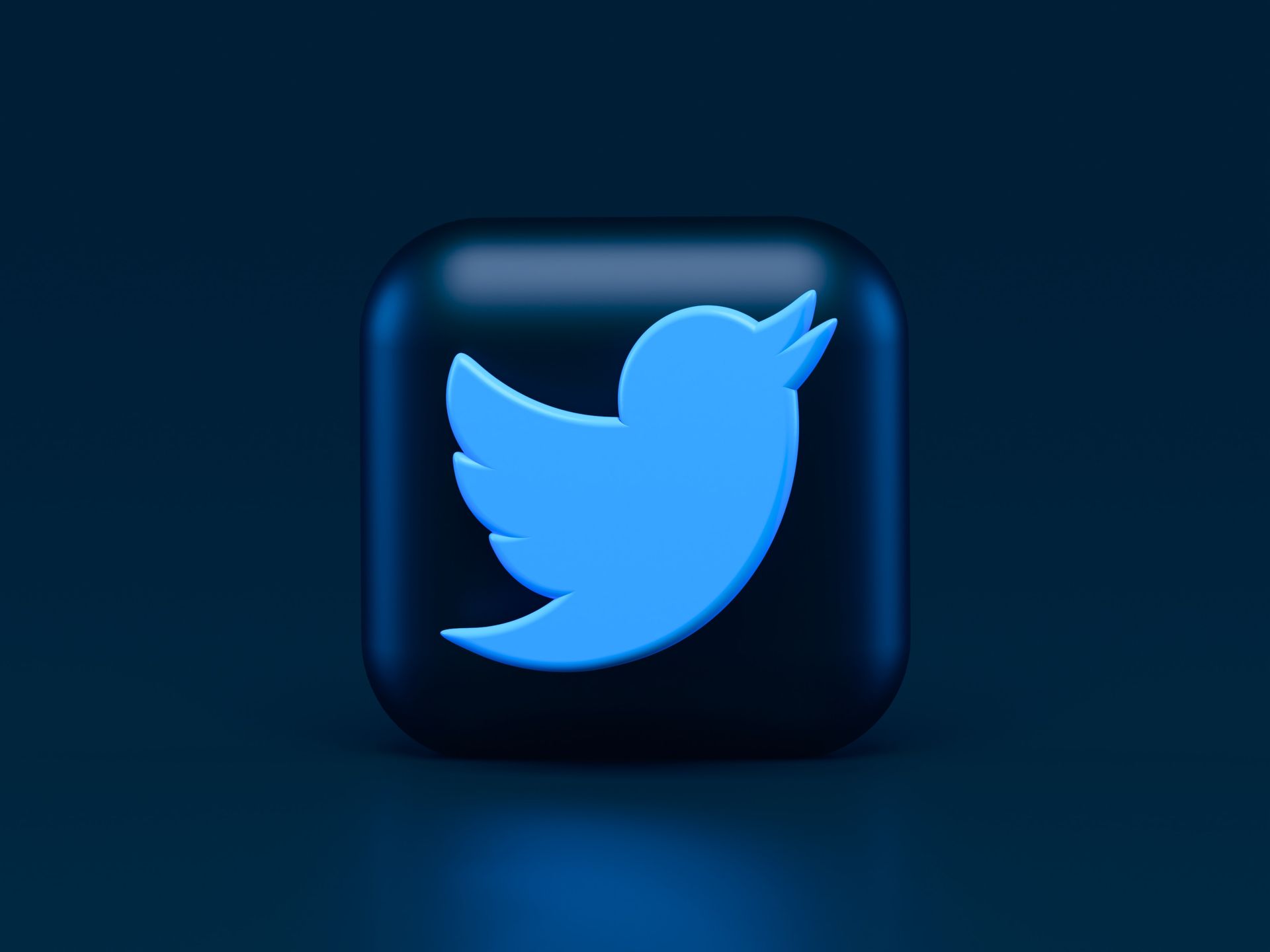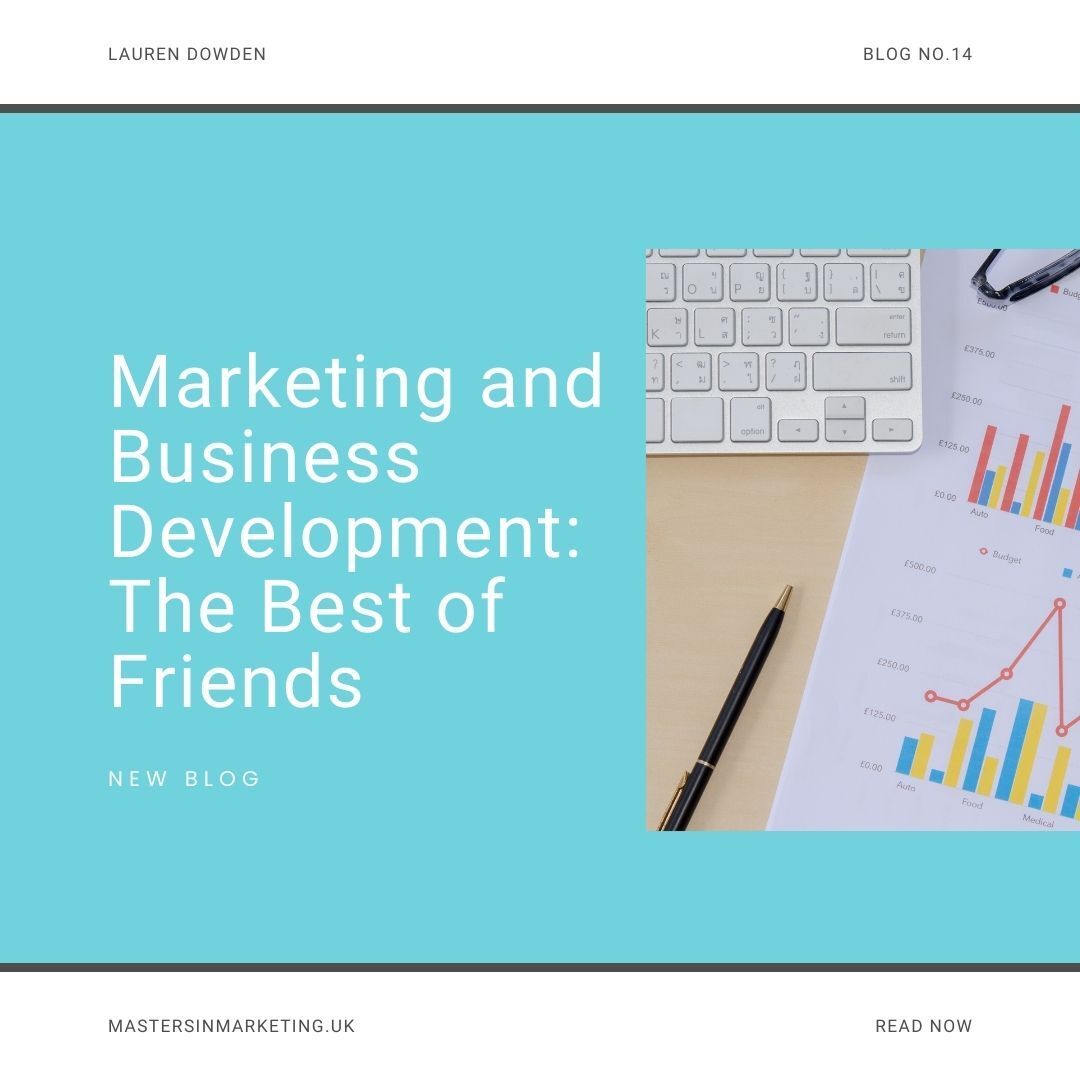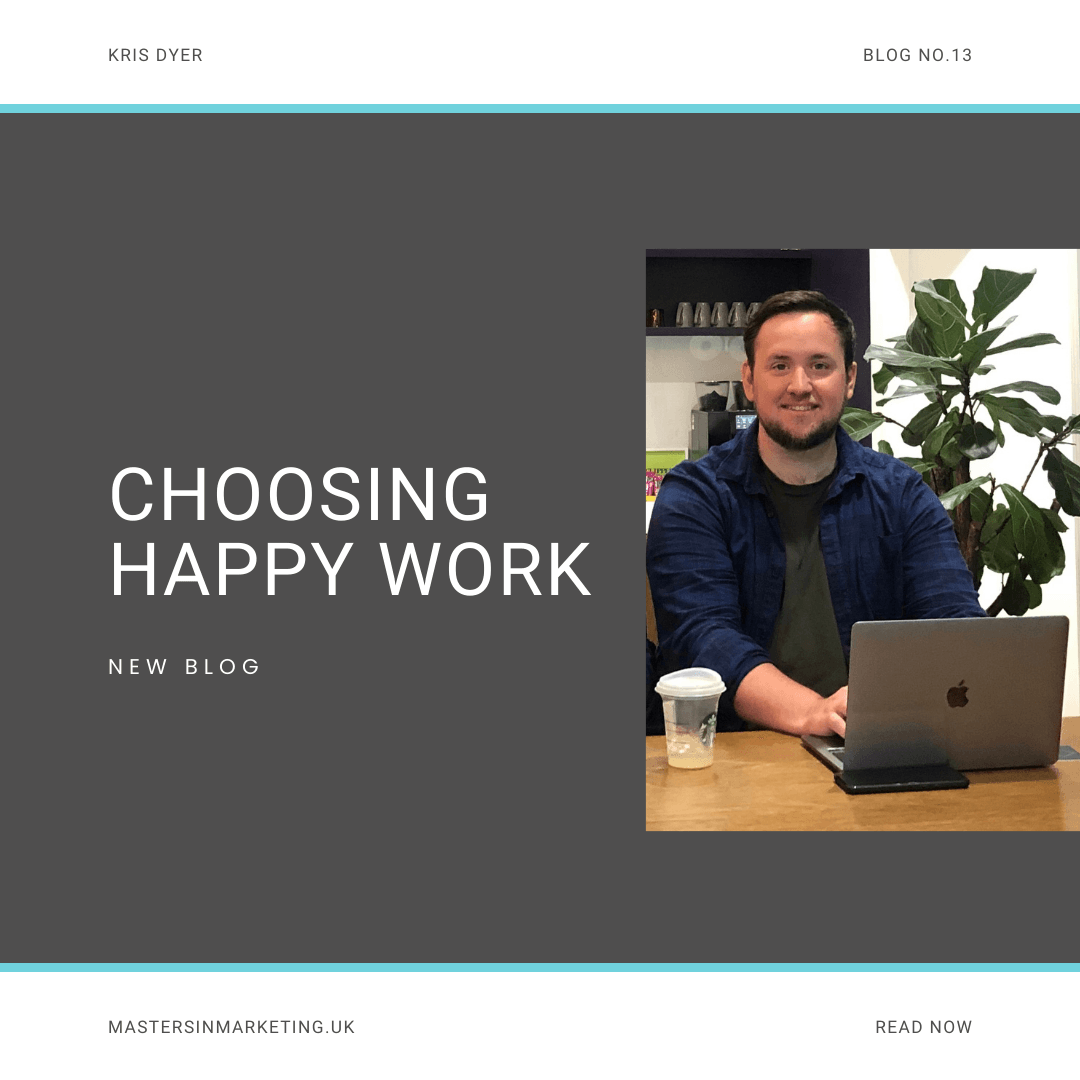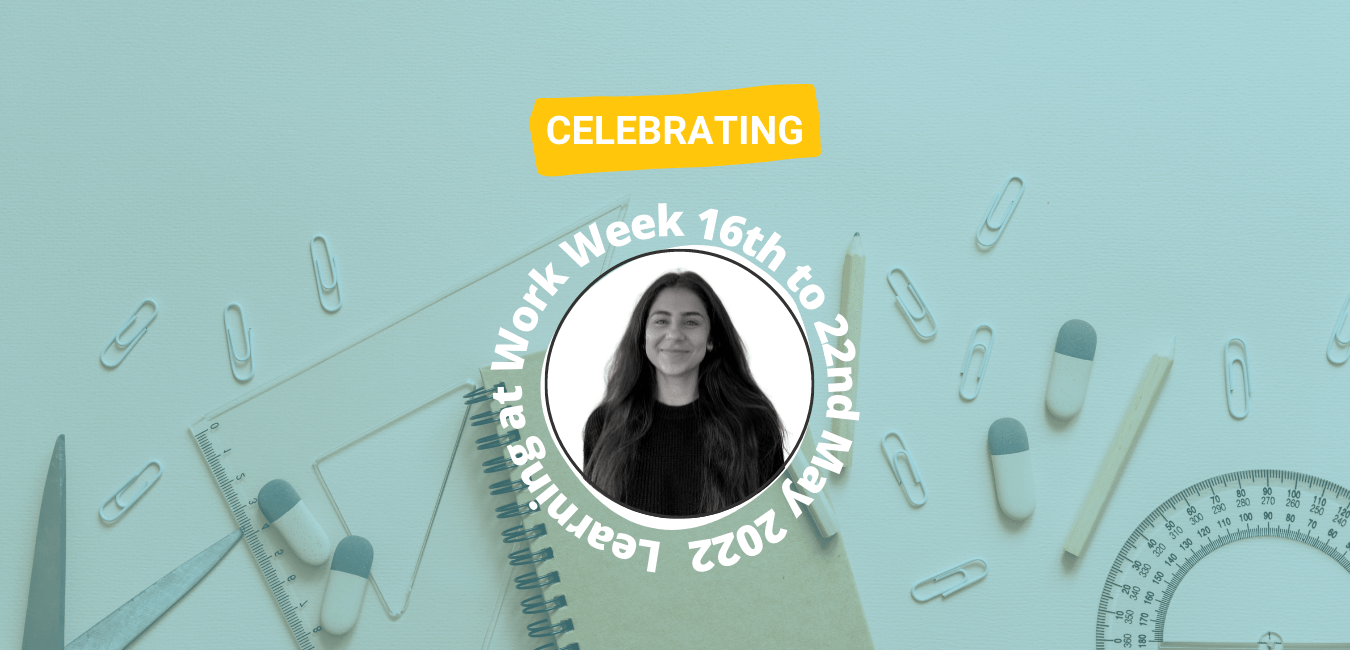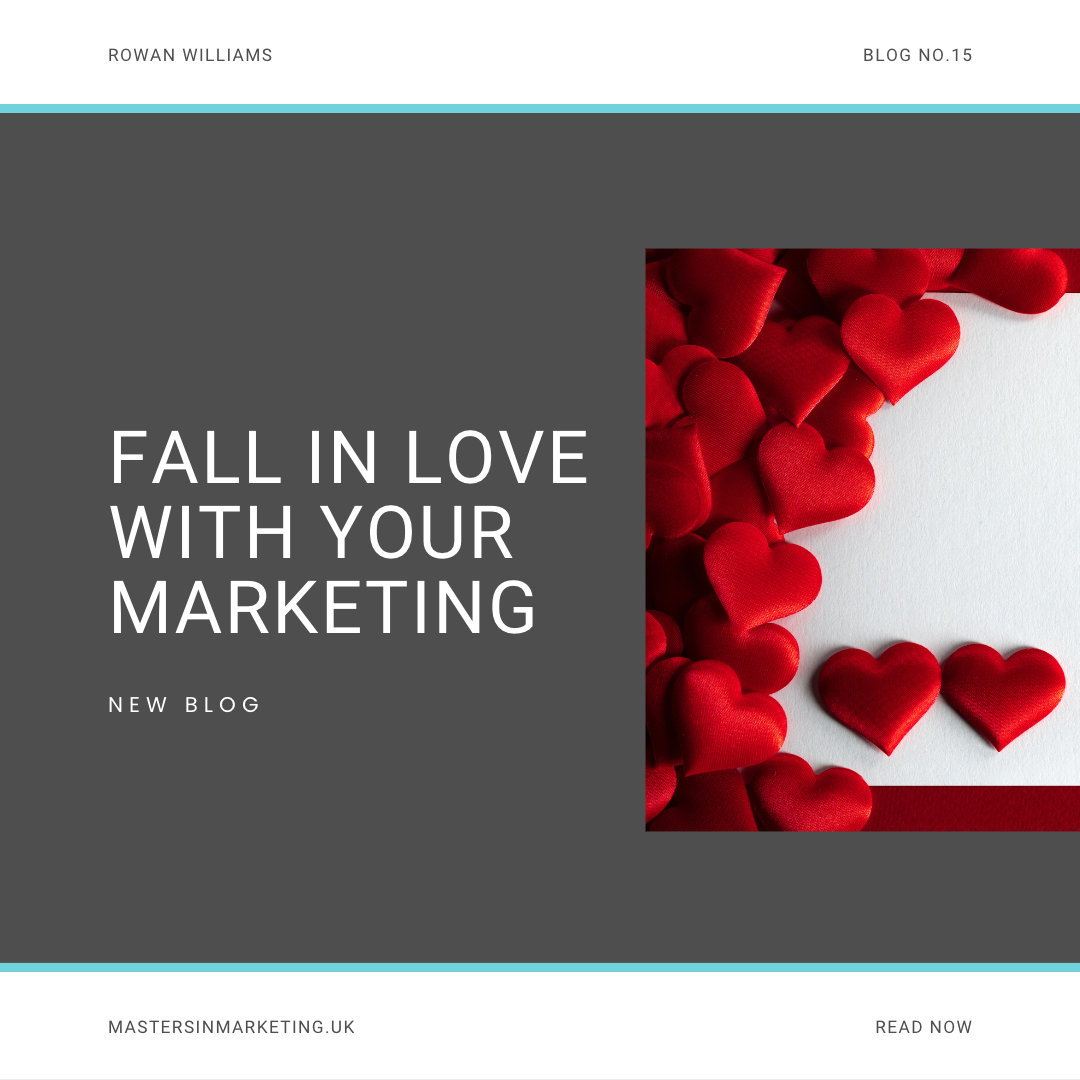Attendance of Women in Tech Event; Championing Women in their Chosen Spaces
Recently, I had the privilege of attending the Reframe Women in Tech event. This gathering has grown incredibly close to my heart since starting with MiM. As I immersed myself in the event, listening to the speakers and engaging in discussions, the electric energy in the room became palpable. This event's focus on action, not words, allyship, and vulnerability ensured it was another enlightening and inspiring experience, with the core themes sticking with me long after the event concluded. Each speaker possessed a unique magnetism, drawing me and others into their narratives. About halfway through the day, I found myself confronted with a question that struck a chord deep within me: Who were my male allies?
We were asked to make a list to capture the information about who our male allies were. I sat there, struggling to come up with more than five names. This realisation isn't to say that all men are unsupportive or lack empathy towards gender equality. But their lack of representation and action is an issue that needs addressing. Why are male allies so few and far between in a world where we have the same conversations about diversity and inclusivity? The answer lies in the underlying gender norms and societal expectations that persist today.
The Power of A Privileged Ally
The event began by emphasising the importance of action, not words, leading to the importance of allyship and representation. It underscored the simple yet profound truth that one cannot aspire to be what one cannot see. It encouraged individuals to commit to becoming allies and trailblazers, working together to create a more diverse and inclusive tech industry.
While the event's fabric was championing and building up the women present, a central theme was the extraordinary power of privileged and male allies in STEM. It was a call to action for men to actively champion and uplift the women around them, especially in fields where gender disparities persist. The message was clear: allyship is not a passive stance; it requires deliberate actions to support and advocate for gender equality.
Challenging the Gender Pay Gap
One of the stark reminders presented at the event is that the gender pay gap still exists. This sobering fact highlighted the ongoing challenges women face in achieving pay equality in the workplace. It's a rallying cry for men to stand beside their female colleagues, advocating for fair compensation and equality.
This disparity is not just prevalent among employees. It's also the case for aspiring female founders, with only
2.2% of venture capital funds raised by women. This glaring inequality underscored the gender disparities in funding opportunities for women entrepreneurs in the tech industry. It's a call to action for male allies to actively work towards levelling the playing field.
One of the factors contributing to gender disparity is the time women traditionally take out of their careers to raise children. However, as the workplace evolves, we can all look to foster a more supportive and inclusive environment for working parents by promoting caregiving roles for both men and women. This can be achieved by providing flexible work arrangements and equal opportunities to all. By doing so, the gap in earnings and promotions between men and women can be balanced, creating a more equitable and fair workplace for everyone.
Looking Forward to "Women's Future Month"
The event raised an intriguing question: When will we celebrate "Women's Future Month" in addition to Women's History Month? This question reminds us of the importance of not just acknowledging past achievements but also looking forward to the boundless potential of women in the future.
There is much to be proud of, but there are many more pathways to carve out, with a particular emphasis on constructing a more inclusive and welcoming workplace for everyone. The
statistics speak volumes about the benefits of diverse and inclusive teams: they exhibit a remarkable 19% increase in innovation and a significant 25% boost in work output. The retention factor is even more compelling – team members who feel content are a striking 50% more likely to stay.
However, to harness these advantages, employers must prioritise inclusion and acknowledge the presence of biases within everyone, as we all carry some form of bias. Creating an environment where diverse ideas are heard, actively encouraged, and teams embrace constructive disagreement becomes crucial. This approach is essential for fostering innovation and productivity and retaining the pool of high-quality female talent that often slips through the cracks.
Navigating Non-Linear Career Journeys
Moving forward, a concept that we are excited to explore is the non-linear nature of career journeys, shining a light on the challenges faced by individuals from working-class backgrounds (across the board) in accessing corporate roles. With only 10% of the working population from such backgrounds making it into corporate positions, it's clear that allyship and advocacy are needed to address these disparities.
Educational disparities play a huge factor in this cycle, revealing that those from Russell Group universities with a 2:2 degree were more likely to secure a role than those from other universities with a first-class degree. This
statistic calls for a more inclusive approach to hiring and supporting talent.
While striking a balance between heartbreaking and heartwarming, above all else, the keynote hammered home the importance of diversity, including different personality types, in achieving a company's success. It also highlighted the value of embracing failure as an opportunity for reflection and adaptation.
Thriving in a Female-Dominant Marketing Culture: A Tale of Allyship and Inclusion at MiM
Bringing myself gently back to the core theme of male allyship was a groundbreaking moment in my reflection. As a professional who did not attend university and embarked on a non-linear career path myself, I have had my fair share of uphill battles. But it has also, in many ways, opened me up to experience the dynamic effect that allyship, in partnership with practical skill and know-how, can blossom into a beautiful, unchartered pathway. In the dynamic marketing industry, where women comprise approximately 60% of the sector, I've felt what it's like to be championed by someone in a professional setting: Rowan Williams, MiM's Managing Director. Rowan's commitment to gender diversity goes far beyond numbers. He recognised my potential and hired me to help drive forward an agency dedicated to supporting start-up and scale-up (predominantly tech-focused) companies, setting a powerful example of how diverse perspectives contribute to our industry's success. Yet, the harsh reality is that this is not a milestone in everyone's professional story.
While MiM dedicates itself to gender diversity, we understand that a women-first approach doesn't mean exclusivity. Female dominance in marketing stems from many women's powerful qualities—empathetic communication, creativity, and the ability to connect with diverse audiences. These intrinsic strengths make women highly effective in marketing roles.
Rowan's support has been instrumental in my journey as a woman in a leadership position and as a professional in a diverse and inclusive environment. His mentorship transcends gender lines, emphasising the importance of male allyship. In a field where women are the majority, his commitment to empowering all employees showcases the power of embracing each team member's unique strengths and perspectives. However, the industry is still transforming, and the ongoing work to promote equity and opportunity for those who need it is far from its conclusion.
Concluding Thoughts
The Reframe Women in Tech event aimed to promote diversity, inclusivity, and allyship in the tech industry. It underscored the ongoing challenges and opportunities for women in STEM fields. As we reflect on the thought-provoking discussions and insights shared at this event, let us remember the importance of male allies in championing gender equality. Together, we can create a future where women's achievements know no bounds.
So, as we reflect on the question posed at the beginning of this journey—Whose list would your name be on?—let us strive for our names to be on the papers of those women we've championed, mentored, and supported. Together, as allies in STEM, we can pen a new future where equality and opportunity are genuinely universal.
